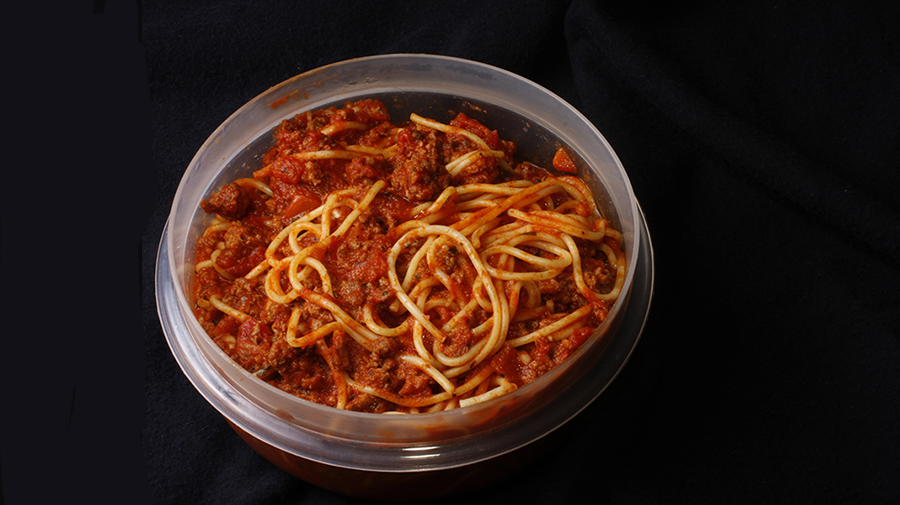Ripped parts of the post:
The bacteria is best known for causing a type of food poisoning called “Fried Rice Syndrome,” since rice is sometimes cooked and left to cool at room temperature for a few hours. During that time, the bacteria can contaminate it and grow. B. cereus is especially dangerous because it produces a toxin in rice and other starchy foods that is heat resistant and may not die when the food it infects is cooked.
And
Unfortunately, that was the case for a 20-year-old student, who passed away after eating five-day-old pasta.
His story was described in the Journal of Clinical Microbiology a few years back, but has since resurfaced due to some YouTube videos and Reddit posts. According to article, every Sunday the student would make his meals for the entire week so he wouldn’t need to deal with making it on the weekdays. One Sunday, he cooked up some spaghetti, then put it in Tupperware containers so that days later, he could just add some sauce to it, reheat it and enjoy it.
However, he didn’t store the pasta in the fridge, rather he left it out on the counter. After five days of the food sitting out at room temperature, he heated some up and ate it. While he noticed an odd taste to the food, he figured it was just due to the new tomato sauce he added to it.



Well because this is B, Cereus and not B, Cytotoxicus that means the Toxin isn’t a protein but an active spore culture (yes this bacteria makes spores), which deactivates in microwaves and can be destroyed given enough time.
It feels sad that I have to explain this after we all just read the same article. The Toxin is produced by a Bacteria which can form in cookware and storage containers even while stil very warm.
If the food is sealed and packaged while still in the safe temperaturesl range then it will not be contaminated. Refrigeration only slows microbe growth.
People should refridgerate food. They should also microwave leftovers.
For this one I only read the headline and context in comments so thanks for jumping in with some info. Bacteria producing spores is definitely something I’d never heard of, and sounds like an interesting wikipedia binge for later
I’m glad to see you check that your leftovers have B. Cereaus and not B Cytotoxicus before microwaving it. Only fools would forget that, right?
My stance is not and has never been about not refridgerating.
Your stance by trying to refute me is inadvertently that you should not microwave leftovers.
My stance is that the microwave isn’t a magical solution that will make any contaminated food edible.
I’m not sure what hoops you’re jumping to put those words in my post.